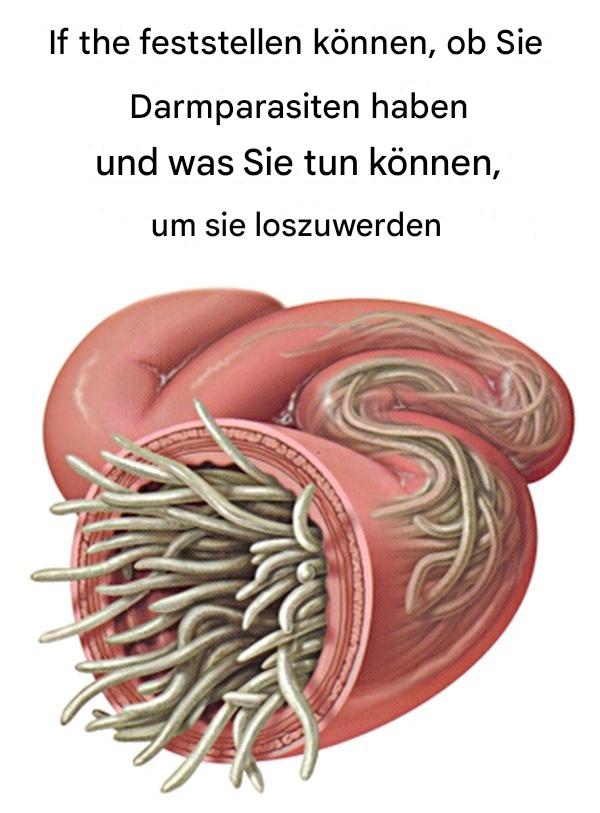ADVERTISEMENT
There's a misconception that intestinal parasites are only found in underdeveloped countries. While they're more common there, they're also much more prevalent in industrialized countries than one might think. It's not very pleasant to know you're hosting a colony of intestinal parasites, but you're not alone. According to the World Health Organization, more than three billion people suffer from some type of intestinal parasite, and not all of these people live in underdeveloped and poor countries.
What are intestinal parasites?
Parasites are generally divided into several groups, but the two main types of intestinal parasites are helminths and protozoa. Helminths are multicellular worms that cannot reproduce in the human body, such as tapeworms, pinworms, and roundworms. Protozoa, on the other hand, consist of only one cell and can reproduce in the human body and cause serious infections.
How do you get intestinal parasites?
Intestinal parasites are typically transmitted when a person comes into contact with infected stool (for example, through contaminated soil, food, or water). Other factors that can increase your risk of contracting intestinal parasites include exposure to areas where the parasites are known to be present, poor hygiene and sanitation (of food and water), a weak immune system, contact with animals, and age (children and the elderly are more susceptible to infection). Once you are infected with the parasites, the disease is contagious and can easily be spread to other people.
Why are intestinal parasites dangerous?
As the name "parasite" suggests, they live in our bodies and feed on them. In places with high hygiene standards, parasites don't pose a major threat, but in poor countries and places with poor hygiene and sanitation, parasites can pose a real threat to life.
When our intestines are invaded by parasites, even high levels of acid in the digestive system can no longer protect them. Therefore, our body attempts to defend itself through the immune system, and intestinal inflammation can occur. Intestinal parasites prevent proper absorption of food and release toxins into the bloodstream and lymphatic system. Severe infections can cause intestinal obstruction when the intestines are partially or completely blocked. The blockage prevents food, fluids, and gas from moving through the intestines as usual. Severe infestations can also lead to anemia, as bleeding in the intestines can occur.
The problem is that there are so many types of parasites that they can cause a wide range of symptoms, and only a few of them can actually be digested. So if you've tried various treatments to relieve your symptoms without success, intestinal parasites could be the hidden cause of many unresolved health problems.
Main symptoms of a parasitic infection in the body
1. Excessive cravings for food or loss of appetite
2. Weight loss
3. Stomach pain
4. Constipation, diarrhea, bloating, or other symptoms of irritable bowel syndrome
5. Fluctuations in blood sugar levels
6. Skin conditions such as severe itching in the rectal area and other parts of the body, rashes, or other skin irritations
7. Anxiety and depression
8. Trouble sleeping
9. Muscle, joint, or other pain
10. Tiredness and fatigue
11. Iron deficiency or anemia
12. Immune disorders with an excessive number of bacterial, fungal, or viral infections
13. Decreased sex drive
14. Blood in the stool
15. Nausea or vomiting
How do you treat intestinal parasites?
